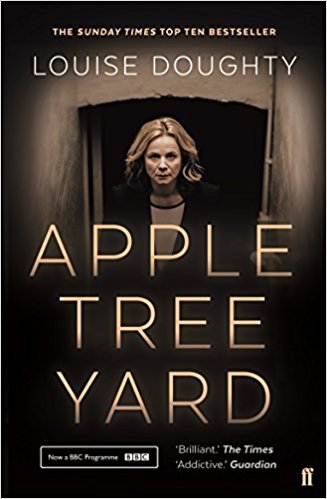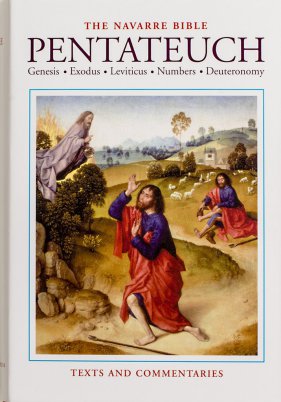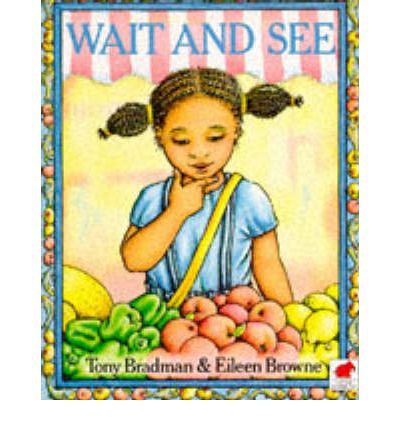“Sometimes you wake up. Sometimes the fall kills you. And sometimes, when you fall, you fly.”
Volume VI of Sandman Fables and Reflections takes a different turn after Volumes IV and V, rather than being a long coherent story told over several issues, it’s more of an anthology, a collection of different fables and legends from different cultures with a Gaiman twist sometimes. If you’ve been reading this blog for a while you would know that I prefer longer stories when it comes to comics rather than short staccato issues linked only by one character like Morpheus (which is why I can never get into cop procedural shows, anyway). Nonetheless, it wasn’t that bad there are pastoral legends, Marco Polo fan fiction, the story of an American Emperor, stories about the French Revolution, Roman and Greek legends and myths like Emperor Augustine or Orpheus who’s supposed to be Morpheus’ son , there was an issue called Ramadan about the Sultan Haroun Al-Rashid, and a couple of others.
“Never trust the storyteller. Only trust the story.”



If the reader knows nothing of Roman mythology or history in general might find them fascinating and creative comics, but it so happens that I’m a little bit of myth and history buff and only recently I was taking a refresher course on Greek myth so to me it was a rather boring renditions of these myths and stories. Sure the art was great and it does provide a fun recreations for the modern reader but it really wasn’t. My favorite issue was “The Parliament of Rooks,” it was the only one with a real creative twist. In a cabin in the woods we have the following characters known as the storytellers: Eve, Cain and Abel, Matthew (Morpheus’ rook), and two minor characters. They sit around and tell stories, of Adam’s three wives from some medieval text and a riddle about a possible murder. Even though it only adaptations of other stories they are relatively obscure and told in a interesting way by framing them in this meta storytelling frame. Plus the characters of Cain and Abel are fantastic who have made several appearances in previous issues and volumes.
“Some things are too big to be seen; some emotions are too huge to be felt.”
Another fun issue was “Three Septembers and a January” which concerns Joshua Abraham Norton, the guy who declared himself the emperor of the United States. I personally don’t know the story so it was interesting to read. At parts it did feel a bit like he’s being ridiculed which was disturbing, but the overarching plot line was Despair challenging Dream over the soul of Norton and the six of the Endless siblings: Dream, Despair, Death, Desire, Delerium, Destruction, fight over him. It’s like a pagan, American version of the story of Job. And it was fascinating. But beside these two issues the rest of the volume was….meh
So that was a great story, otherwise this volume was rather a disappointment.

The issue entitled “Ramadan” was rather infuriating. Now before you dismiss me as another angry-PC-SJW-liberal millennial, hear me out. It is playing on old Orientalist, racist, disrespectful depictions of Baghdad and Haroun Al-Rashid. And it’s done in an insidious way all throughout because you don’t always have the outright orientalist comments like oh look at the harem but by also depicting Haroun for instance as a hypocrite or greedy by offering Morpheus wine during Ramadan or wanting to preserve his city in unconventional ways or using evil spirits, it got under my skin and pissed me off. I know it was written in the early 1990s but that’s not an excuse, Edward Said published Orientalism a little more than a decade ago and the discussion around that has been rather robust; I would’ve expected more from a presumably erudite and wide-read writer like Gaiman. The constant vilifying of Muslim or Arab figures is wearing me out, at this point I’m not even asking for representation, keep having your straight white dudes as heroes and for the love of all that is sacred leave the Middle East and Muslims alone. That issue could have been written in a great way breaking some stereotypes by for instance highlighting the Baghdad library or looking at the folklore that is actually from the area and not the invention of some old sexually frustrated British dude, but sadly that wasn’t the case.
So verdict: 2/5, Read “The Parliament of Rooks” if you want, and if you don’t know the story of Orpheus read Season of Mist or A Dream of You instead






